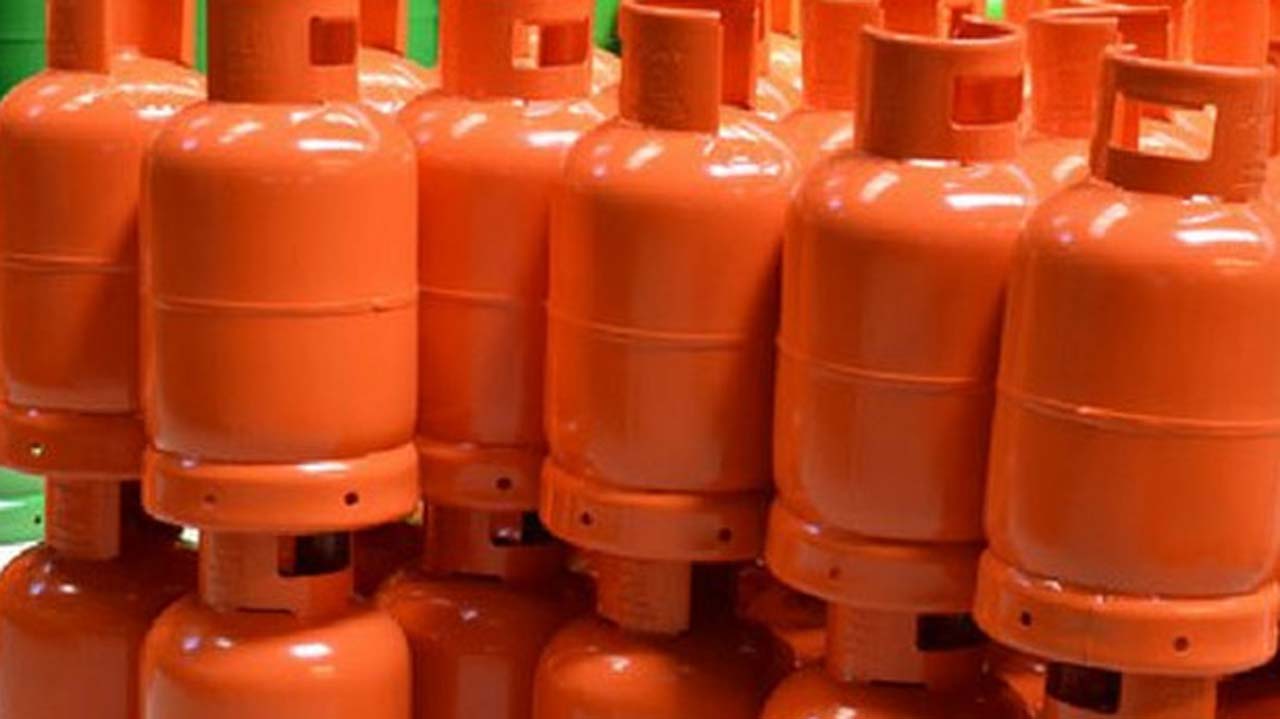Economy
Gas consumers brace for tougher times as Price hike looms

Gas consumers in Nigeria are facing an impending price surge, as market insiders signal an upcoming increase in gas prices set to take effect next week. The President of the Nigerian Association of Liquefied Petroleum Gas Marketers, Olatunbosun Oladapo, has issued a warning to gas consumers, attributing the price escalation to a confluence of factors.
Oladapo emphasized that international prices have surged, while domestic consumers are grappling with the weight of high taxes and vessel costs, coupled with the scarcity of foreign exchange and the devaluation of the naira. He expressed concern that these conditions are leading to a decline in purchasing power, creating significant challenges for consumers, middlemen, and retailers alike.
“The impending price increment is a regrettable development,” lamented Olatunbosun, highlighting the increasing financial strain on Nigerian consumers who are struggling to afford gas. In the face of rising costs, many are resorting to traditional cooking alternatives like firewood, charcoal, and sawdust.
Olatunbosun called upon the government to alleviate the burden on the masses by offering relief measures such as reduced taxes and levies. He stressed that taxing profits rather than products would be a more equitable approach, considering the dwindling demand for gas. He also appealed to marketers to adopt pricing strategies that take consumers’ financial constraints into consideration.
These concerns arise in the context of international challenges, as vessel scarcity on the global market is poised to drive up local prices of Liquified Natural Gas (LNG), commonly used for cooking. As winter demand for heating fuel approaches, charter rates for vessels have soared dramatically, amplifying the existing pressure on gas prices.
Experts predict that volatile shipping rates could erode margins for LNG traders, resulting in higher prices for buyers in various regions, including Europe and Asia. The scarcity of LNG vessels has further intensified, potentially exacerbating the situation in the coming months.
The Nigerian LPG market, like many internationally traded commodities, is closely linked to fluctuations in global prices. Prices are benchmarked against the Nigerian Liquefied Natural Gas Contract, which is influenced by international market dynamics. As a result, the devaluation of the local currency has a direct impact on the domestic price of LPG.
The recent devaluation of the naira has already contributed to the rising cost of LPG, with the exchange rate affecting the price at which Nigerian LNG sells its cooking gas to local off-takers. The increasing cost of LPG has been evident in recent price ranges at major depots in Lagos.
Previously, Nigerian consumers enjoyed lower gas prices due to a drop in international prices. However, these favorable conditions have given way to mounting challenges as various factors converge to drive gas prices upward. The situation has shifted significantly since June, with a marked increase in the cost of LPG driven by both global and domestic influences.
